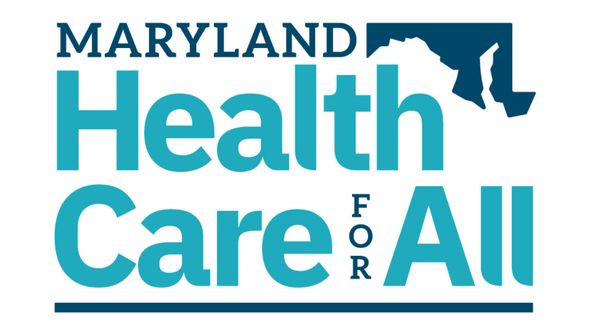The Afro
April 20, 2016
By Zenitha Prince
This month, Christian, Jewish and Muslim congregations in the Baltimore area began rolling out a program meant to capitalize on the connection between faith and healing.
The Maryland Faith Community Health Network brings together health care providers and faith leaders to help foster health among congregation members through formalized information-sharing and patient support. The pilot program is currently a collaboration between the Maryland Citizens’ Health Initiative, almost 50 congregations in Baltimore City and Baltimore and Carroll counties, and LifeBridge Health facilities comprising Sinai, Northwest and Carroll hospitals.
“It is a natural connection because they (health care providers and faith leaders) both have the well-being of congregants at heart and this initiative brings them together to support each other,” said Vincent DeMarco, president of the Maryland Citizens’ Health Initiative and initiator of the program. “We think this will help reduce disparities, improve overall health and enhance communities across the state.”
Under the guidelines of the initiative, congregations sign memorandums of understanding with LifeBridge and MCHI. Members of the churches, temples or mosques are then encouraged to sign up, giving permission for hospital staff to contact their congregation liaison whenever they are checked in with an illness.
“The immediacy with which you find out a member is being hospitalized hastens the time in which you can respond to provide pastoral and congregational care,” said the Rev. Cleveland Mason II, pastor of Perkins Square Baptist Church in Baltimore, and president of the United Baptist Missionary Convention of Maryland.
“One learned through the ministry of Jesus, who healed many, that health is important, and this provides the church with a concrete way of encouraging good health,” Mason further said of why he is pushing for the program’s adoption throughout the state. He added, “This program is the practical application of biblical principle. It goes along with that loving-your-neighbor-as-yourself aspect of the Christian faith. It creates stronger bonds between members [and] it fosters a greater sense of compassion and caring that is needed in our communities and across the world.”
As part of the network’s functions, hospital staff help the congregation liaison come up with an at-home plan for the patient, including potentially-needed services such as pet care, yard care, picking up prescriptions, food, spiritual nurturing, etc., which congregation volunteers would help provide.
Rev. Dellyne Hinton, pastor of Gwynn Oak United Methodist Church, which launched its program on April 3, said she was excited about being able to better serve its members and also to extend their compassion ministry beyond the walls of the church. That excitement, she said, seemed to spread to her congregation as 80 percent of those in attendance signed up on the spot.
“It is not just about seeing to patients’ spiritual welfare—having prayer with them or bringing them communion—it is about meeting their other living needs,” she said. “It is those kind of things that takes stress off healing so you don’t end up back in the hospital because you could not be compliant.”
Reducing that kind of recidivism was one of the reasons LifeBridge Health was motivated to join the program, said Rev. Domanic Smith of LifeBridge’s Population Health Department.
“What this does for LifeBridge is it helps us to help prevent patients from returning to the hospital for the same illnesses within 30 days,” he told the AFRO. “Cutting back on recidivism to the emergency room provides doctors with the opportunity to really do health care with patients instead of just emergency care.”
DeMarco said it was concerns such as those that spawned the idea of implementing this program in Maryland. The health advocate said they will be seeking to sign up other hospitals and faith communities in the network with an eye to spreading across the state.
“This project originated because of substantial changes happening in the health care system in Maryland. Hospitals now have tremendous incentive to keep people healthy and out of their hospitals and they wanted the help of the community to do that,” he said.
The program is modelled after a successful program in Memphis, Tenn., where about 600 congregations and 20,000 individuals have signed up for the network.
DeMarco said, “Their data showed substantial benefits to this program. By giving support to people in congregations everyone is better off—the individual, the congregations, the hospitals and the state.” – See more at: http://afro.com/interfaith-health-network-serves-baltimore-communities/#sthash.lkLF5sWv.dpuf
Last modified: April 21, 2016



